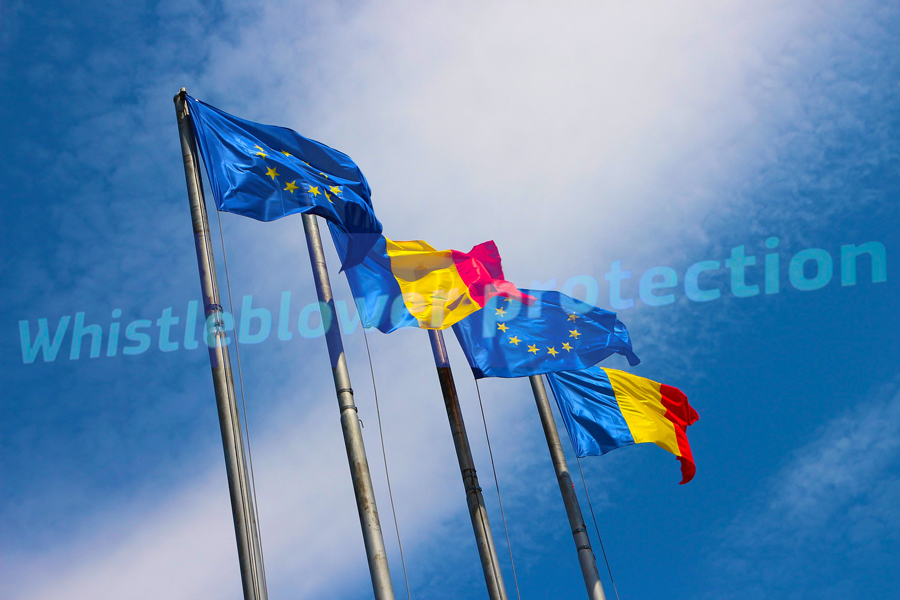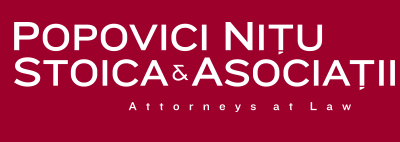- About Us
-
Expertise
- Banking & Finance
- Capital Markets
- Competition & Antitrust
- Corporate & Commercial
- Data Privacy
- Employment & Pensions
- Energy & Natural Resources
- Gambling & Betting
- Healthcare & Pharmaceuticals
- Insurance
- Intellectual Property
- International Arbitration
- Litigation
- Mergers & Acquisitions
- Project Finance/PPP, Concessions & Infrastructure
- Public Procurement
- Real Estate
- Restructuring & Insolvency
- Sports Law
- Tax
- Telecommunications, Media & Technology
- Transports & Logistics
- White Collar Compliance & Defense
- Our team
- Careers
- Publications
- News and Press
- Contact
Legal Update
Whistleblowing Q&A for Companies | Extra Time to Get Ready and to Do It Right
WHITE COLLAR COMPLIANCE & DEFENSE
Going back to our initial article, the Government intended for the whistleblowing law to enter into force on March 31st, but it seems that things are not going as planned and the law will not pass before this date. On the bright side, companies have more time to ensure that they are prepared for the new requirements.
 EU Whistleblowing Directive: Extra Time to Get Ready and to Do It Right
EU Whistleblowing Directive: Extra Time to Get Ready and to Do It Right
So here is the weekly kind reminder on the whistleblowing law and the additional Q&A for companies:
A. What is the bigger picture? Why is there internal & external reporting?
While companies are responsible for implementing internal reporting channels and this remains our focus currently, we should also be aware of the bigger picture.
The EU Whistleblowing Directive and the Romanian draft law provide several options for whistleblowers: internal reporting, external reporting and public disclosure. Now, what do they mean...
- ‘ internal reporting’ - means the oral or written communication of information on breaches of the law within an authority, public institution, legal persons governed by public law or private legal persons. Internal reporting is carried out through means made available by public authorities, public institutions, legal entities public, as well as by legal entities governed by private law for reporting on violations of the law, these constituting the internal channels of reporting;
- ‘external reporting’ - means the oral or written communication of information on breaches to the competent authorities.
B. Why is this important for companies?
Beyond the obligation imposed by the law that private companies should establish internal reporting channels, it is also in the interest of every company to have a reliable whistleblowing mechanism and to encourage employees to report internally any breaches. Otherwise, whistleblowers will choose to report externally, which means that an official investigation will be conducted by the competent authority and the company will have to defend instead of acting proactively. No need to remind that interacting with authorities is usually not a pleasure for companies.
Coming back to the provisions of the draft law, it also states that reporting should mainly be carried out through internal reporting channels. However, the whistleblower may choose between the internal reporting channel and the external reporting channel, taking into account aspects such as:
- the existence/absence of internal reporting channels;
- the existence of the risk of retaliation, in the case of reporting through internal channels;
- the impossibility of effectively remedying the infringement through the internal reporting channels.
C. What are these competent authorities?
The EU Whistleblowing Directive imposes that every Member State shall designate the authorities competent to receive, give feedback and follow up on reports, and shall provide them with adequate resources.
According to the draft law, the competent authorities to receive reports of breaches of the law are:
- public authorities and institutions which, according to the special legal provisions, receive and resolve reports of violations of the law within their area of competence;
- the National Integrity Agency;
- other public authorities and institutions to which the Agency transmits its reports to competent resolution.
The National Integrity Agency will be the main authority on whistleblowing, but given the wording of the draft law, depending on the rule or the law breached, another authority may conduct the investigation.
This being said, let’s take advantage of the extra time before the law is passed and set up the internal reporting channels which may save companies additional interactions with authorities.
This document is intended for informational purposes only, does not represent legal advice and does not focus on particular cases.
For further information or analysis on specific matters, please contact Alexandru Ambrozie or Ana Stoenescu.










